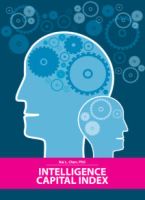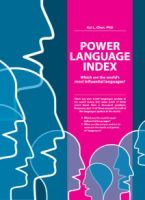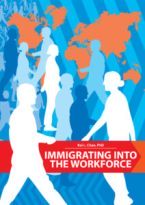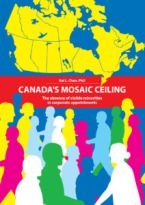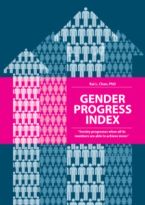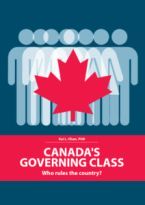
MP laughed at for his bus-driving past? Elitist attitudes persist in politics, experts say
A sharp chorus of laughter was heard in the House of Commons on Tuesday as Infrastructure Minister Amarjeet Sohi mentioned his past career as a bus driver, while offering condolences for a slain Winnipeg Transit employee.
On Wednesday, Liberal MP Adam Vaughan asked that the laughter heard the day before be withdrawn, and the record corrected. He called it offensive to the House, the values of Canadians and to the country’s diversity.
“Laughing at the previous employment status of a member of this House is offensive, especially when that service was a public service to the people of this country.”
In response, Tory MP Candice Bergen agreed with Vaughan’s message of inclusion, and rebuffed the accusation that her party members would laugh at a person’s past profession.
After all, it’s called the House of Commons due to its intent to represent common Canadians.
“We absolutely respect and honour all of the jobs that we have done, and the experience that we bring to this House,” Bergen said.
But with all the talk of diversity in politics — getting more women involved, people of all ethnic backgrounds — professional experience and education can be added to the list of invisible barriers.
Politicians tend to be “cut from the same cloth,” said Kai Chan, distinguished fellow at INSEAD Innovation & Policy Initiative and author of the report, Canada’s Governing Class: Who rules the country?
“I would say we do have too many lawyers, too many MBAs. It’s a real shame.”
As many as half of Canada’s politicians have that same pedigree, Chan said. They went to the same schools, take the same programs, and get the same degrees.
“Which is unfortunate because we do live in a very diverse country with sets of very different problems to deal with and we are having people come primarily from say, you know law or MBA kind of backgrounds,” said Chan.
“They have a certain way of thinking, they have a certain way of seeing problems and I think because of that they have a very limited view on how best to address the problems that we do have.”
That lack of experience and unique views can lead to a lack of solutions.
“You’re getting the same answers … If you’re getting the same perspective on every problem that we have then you’re not going to find the right solutions because a lot of them will need a more diverse background and perspective,” Chan said.
Think about it this way: who has the best perspective to tackle the issues facing Atlantic Canada? Someone who studied fisheries in school, or who worked for years as a fisherman?
“One is theoretic and one is a person who is on the ground getting real experience,” said Chan.
The elitist views aren’t just reserved for blue-collar workers, either. Remember all the flack Justin Trudeau faced over his experience as a high school teacher?
“These stereotypes of political institutions and who serves in them are so entrenched … we’re surprised when people with diverse backgrounds get involved and are successful,” said Nancy Peckford, executive director of Equal Voice.
While it might be discouraging for those who don’t fit the stereotype, Peckford said the best way to get people engaged in politics is by having elected officials that constituents can relate to.
“The election of each person who’s sort of breaking the mould — it’s not an automatic reversal of how people have understood politics to work,” said Peckford.
“The process of shaping a different perception of the political arena takes time, it doesn’t happen overnight.”
© 2017 Global News, a division of Corus Entertainment Inc.

